Parents of students who have been ordered to isolate after an outbreak of Covid-19 in Mallorca have complained their children have been ‘kidnapped’.
Spanish newspapers like El Mundo have carried stories showing students hanging flags from balconies saying ‘We are negative, we want to leave.’
Three students have made a dash for it and escaped from a hotel in Palma, the capital of the biggest Balearic island, and are currently being sought by police.
Spanish media have reported that those students stuck in the hotels have used this as an excuse to carry on the party.
READ MORE: Mallorca student trip sparks huge Covid-19 cluster in Spain
What was originally a chance for hundreds of young Spaniards to escape after months of cramming for examinations for a relaxing break has turned into a national drama.
More than 1,100 students and some tourists on the island have tested positive for Covid-19 and more than 5,000 have been ordered to spend ten days in isolation, according to officials.
An investigation by health authorities in Mallorca is now underway to try to find out if any of the venues where the students were partying broke Covid-19 restrictions.
Authorities in the island will be hoping that they have caught this outbreak in time – days before the influx of British tourists who are expected to descend on the Balearic Islands this week.
The UK government put the islands on its travel green list from June 30th which means British holidaymakers do not have to go into quarantine on return.
“We will not allow the irresponsibility of a few to put in danger the efforts of many,” tweeted Francina Armengol, the president of the Balearic Islands’ government.
Since the Balearics were put on the green list, authorities in the islands have been calling on the Spanish government to toughen restrictions on visitors from the UK.
Last month, Madrid dispensed with all restrictions for British tourists.
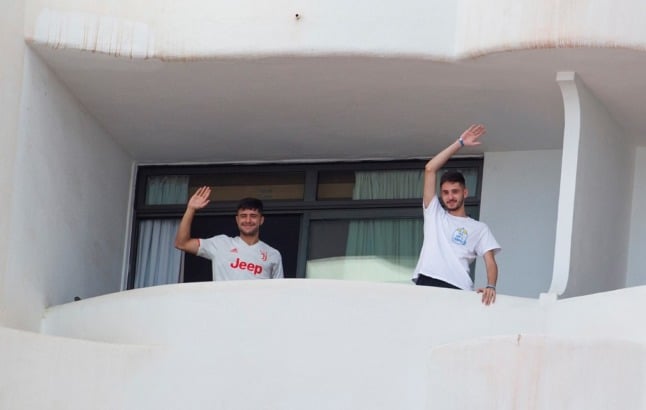
Now, with an Covid-19 outbreak in Mallorca, the Spanish Prime Minister had no choice but to act.
Sánchez told radio network Cadena SER that UK travellers must show proof they were fully vaccinated or have proof of a negative PCR test taken 72 hours before arriving.
“This shows that the government has listened to our calls for stricter restrictions,” said Xavier Pascuet, director of tourism for Calvia Council, which includes Magaluf, one of Mallorca’s most popular resorts with young British tourists.
Pascuet was by far a lone voice.
María Frontera, president of the Mallorca Federation of Hoteliers, had also called on the Spanish government to bring in more restrictions when the UK put the Balearic Islands on its ‘green list’.
“We have also called for extra controls at the airports to avoid them from becoming overwhelmed when tourists start to arrive and to guarantee health standards are preserved,” she said.
The Balearic Islands, where tourism accounts for about 35 per cent of GDP, had been desperate to convince the UK government that it was a safe destination.
Currently its 14-day coronavirus contagion rate is 69.82 cases per 100,000 inhabitants, according to Spanish Health Ministry data released on Monday, compared to the national figure of 100.86.
Sources within the Spanish government said Madrid had been urging the UK government for some time to have a re-think about classifying the Balearic and Canary islands separately from mainland Spain, where contagion rates are higher.
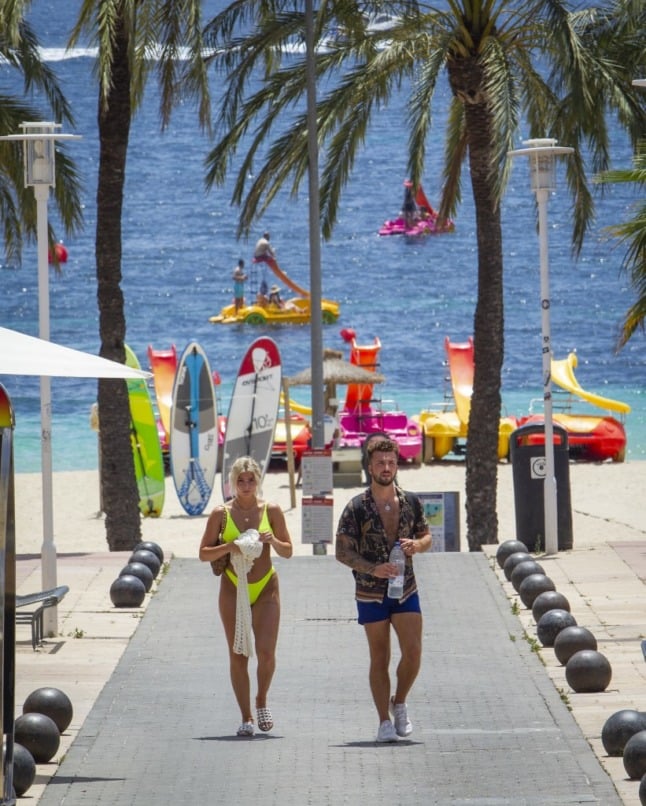
Tourists walk on the promenade at Magaluf Beach in Calvia,. British holidaymakers heading to the Balearic Islands will need to show a negative PCR test or proof of vaccination due to a rise in UK Covid infections, Spain said, reversing a free-entry policy. (Photo by JAIME REINA / AFP)
Analysts believed that Spain’s coalition government had acted in time.
Rafael Bengoa, a former director of the World Health Organization and adviser to the U.S. government on public health, said: “The decision not to have any restrictions for UK visitors (last month) was surprising to say the least considering that at that time the Delta variant was close to 90 percent in the UK.
“Thankfully, damage control was done by the UK government which required visitors to quarantine on return.
“The establishment of restrictions by Spain for UK visitors is late but necessary in public health terms.”
“I think the measures that the Spanish government has taken are sufficient. There is a high level of vaccination rate among the British,” Fernando Rodriguez Artalejo, a professor of preventive medicine at the Autonomous University of Madrid, told The Local.
“What I do not think is reasonable is the idea of making tourists go into quarantine when they come to Spain.”
Professor Artalejo was referring to the suggestion by Angela Merkel to force tourists across Europe to undergo quarantine on arrival.
The idea has split European Union partners, with Spain so far resisting the temptation to impose a measure which would decimate its tourism season once more.
READ ALSO:
Coronavirus: How much is the Delta variant spreading in Spain?

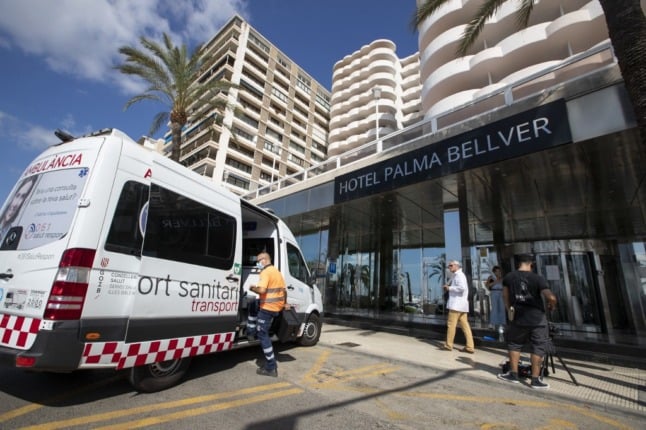
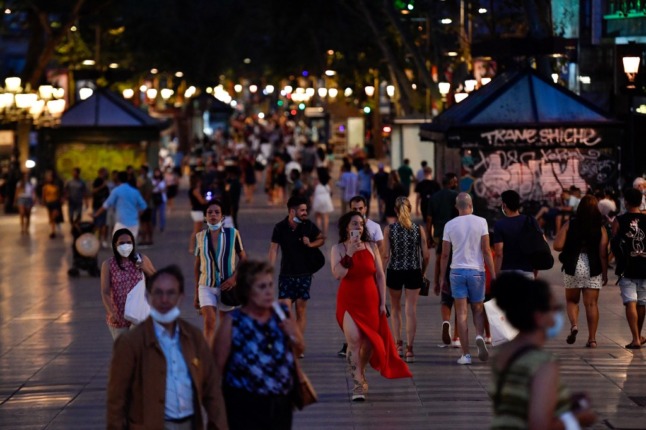
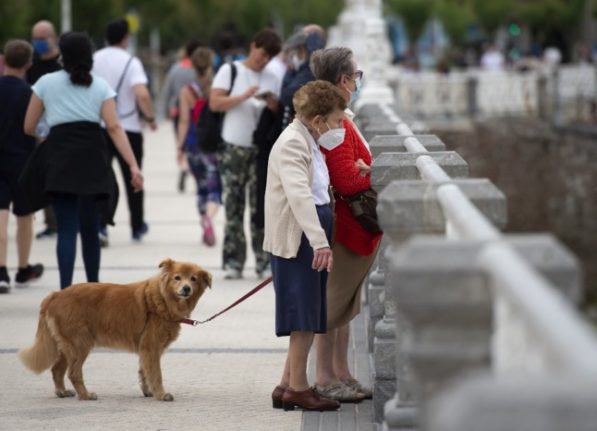
 Please whitelist us to continue reading.
Please whitelist us to continue reading.
Member comments